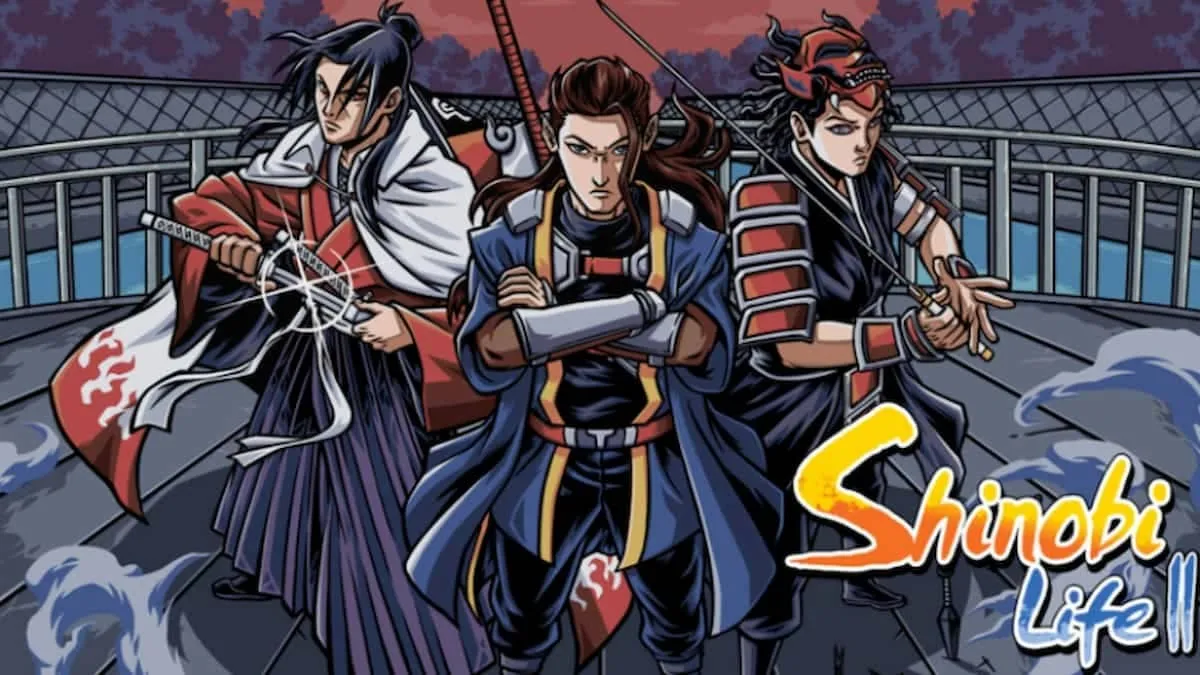Hello, and welcome to ‘Using SEO in Your Writing’! My new periodic editorials focusing on search engine optimization and how you, a writer/reader of GameSkinny, can make use of it to better your traffic and generate more interest.
I’ve wanted to stick a flag in this to help out the other writers on the site, and have decided to go for it after seeing some of the responses to my one million views announcement. We have some fantastic writers, but search engine optimization (SEO) isn’t exactly a well-known practice outside of those in the internet marketing field.
A quick look at what SEO means
I know you want to appease (or provoke) your readers. Every writer wants to — you write for others to read what you have to say. The trouble comes in when what you have to say isn’t reaching anyone. This is something search engine optimization helps, but doesn’t completely fix.
When you write for a particular audience (as we all do), you need to think about not only the people who find their way to your content, but also about how search engines are going to see it.
This is where search engine optimization comes in, which is exactly what it sounds like. You optimize your content so search engines will pay more attention to it and hopefully rank it highly among other pieces in the same niche. Almost every website utilizes it in one way or another, and you need to do so as well to level the playing field.
Why does this all matter? Let’s put it this way: Most people searching for something do not look past the first page of search results. The top 3, in particular, are the most clicked. You want to aim for the first page, and you want to be in the top 3.
Links! Links abound!
It would make more sense to cover the keyword portion of SEO before linking, but the responses to my announcement make me want to point you in the direction of properly linking content first. You have to start somewhere, and you’re going to start on linking your own content.
So, what’s so important about links? Well, they certainly do drive traffic to whatever you’re linking to, but they are far more powerful than simply giving visitors another relevant piece to click on.
Links are just one of your messages to search engines, and to many they can be the trickiest to pull off effectively. You need particular words in your hyperlinks, you need to place your links in the right places, and having the two pieces of content you’re linking relevant to one another is a help.
The problem with properly linking things for search engines is that if you do so JUST for search engines, there is a high risk of turning off your reader. No one wants to read an article with links in inconvenient or nonsensical spots–it’s just common sense. You need to think about both sides of the coin.
A relevant example of this would be my Repeatable Tradecrafts Leves Guide. Even if you’re not interested in Final Fantasy XIV, the linking techniques found in the article should give you an idea as to what I mean.
Now, from the above example, here are some things to notice:
- See how I linked the article with relevant keywords here in this article?
- I do the same thing in the example article, near the top in italics. These links point toward alternative material on similar subjects, and they state exactly what is inside the link.
- Scrolling down at the bottom of the article, there is a list of guides (that just about any reader of the primary article would be happy to click to) as well as a link to my list of guides, also with hyperlink text describing exactly what visitors should expect behind the link.
Just a bit on keywords and wording links
This is where this would all make a bit more sense if I’d explained keywords first, so here’s a tiny rundown that is nowhere near the full extent of keywords and just how essential of a tool they are:
To use a keyword, in terms of SEO, is to have a particular phrase or set of words (generally 2 to 3 words) that appear at particular points in time in your content, at particular frequencies.
… Vague, right?
As state before, we’re not focusing on keywords here. That is a hefty subject that could take several articles to effectively cover. What we are focusing on here, though, is that you need to make sure your links have certain words within them.
Let’s say you are writing guides on a game. Now, let’s say you have a few of them and you want to link them together. For the sake of this example, you want to include the game name + whatever the exact topic + guide in each bit of hyperlink text. This certainly isn’t always the case, but for the sake of keeping things concise (sans keyword explanation), this is what you want to do.
It is worth noting that the above is something you should do for on-site links even if they are not guides. Choose your wording based on common sense.
You may take a look at my example article I linked way above and go “Hey! It doesn’t mention the game name in any of those links!” but it did for some time. They were later removed because that particular article had reached #1 in its niche. Because the niche is Final Fantasy XIV, it had a load of traffic; and all of the links have words related to FFXIV, there is no point in including the game name in those links anymore. It’s better on the eyes (and formatting) to have them as they are in that example.
Things like what I’ve done with the example article are something you can really only gauge once you’re experienced and can say “All right, I know for a fact this article is highly ranked within its niche.” From there, what you choose to do link-wise is up to you.
On and off-site linking
You are likely aware that it is probably a good idea to link your own content on your preferred social media site to garner attention, but there is another side of this coin you should consider: Linking from other domains to get more leverage.
To put it simply: Links coming in from other domains are almost always more powerful than those from your own.
For example, if you have two articles here on GameSkinny and you link one to the other, it will likely have less of a positive effect than it being linked from another website. That’s just how it is.
A page’s placement cannot be dictated only by its optimization and incoming links from the same domain — otherwise so-called ‘SEO masters’ would be dominating search results in literally every single keyword. The attention you get elsewhere matters as well, though no one knows whether search engines take social media links into consideration (and if they do, how heavily).
My advice on this front is: If you have a personal website and you write here, link to your articles. Link from here to your personal website as well.
And with that, we are done for today! Our next trip will be into the mysterious world of keywords, which are bar none the most essential tools at your disposal (and the most tricky aspect to grasp).
Feel free to ask any questions on this topic below! I will answer them to the best of my ability.






Published: Nov 13, 2013 04:55 pm